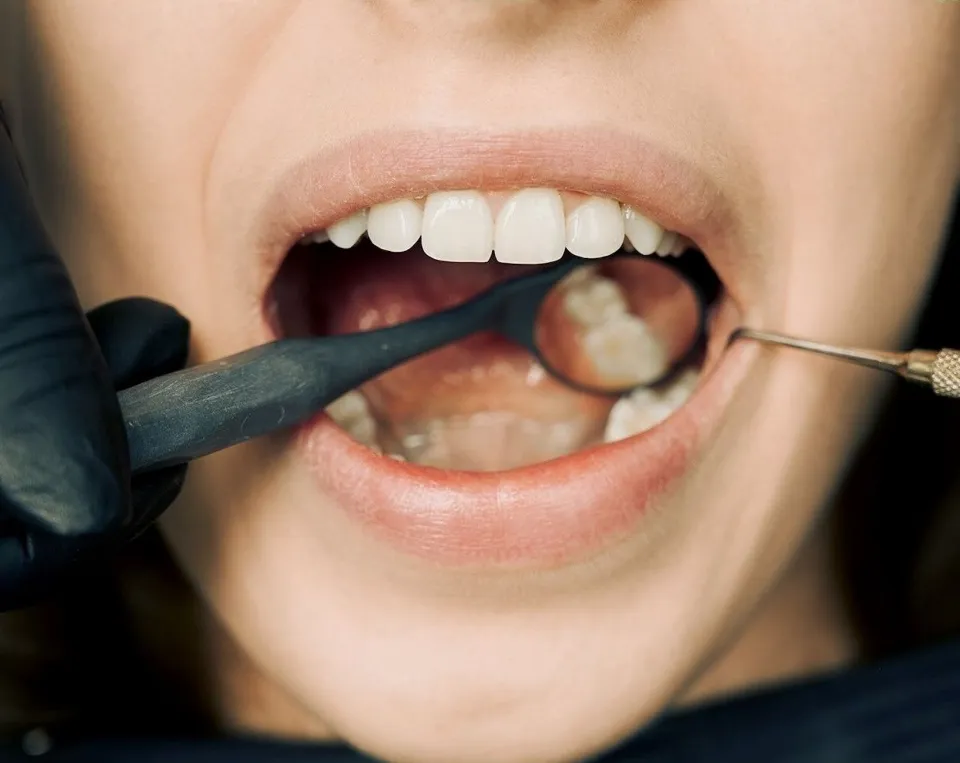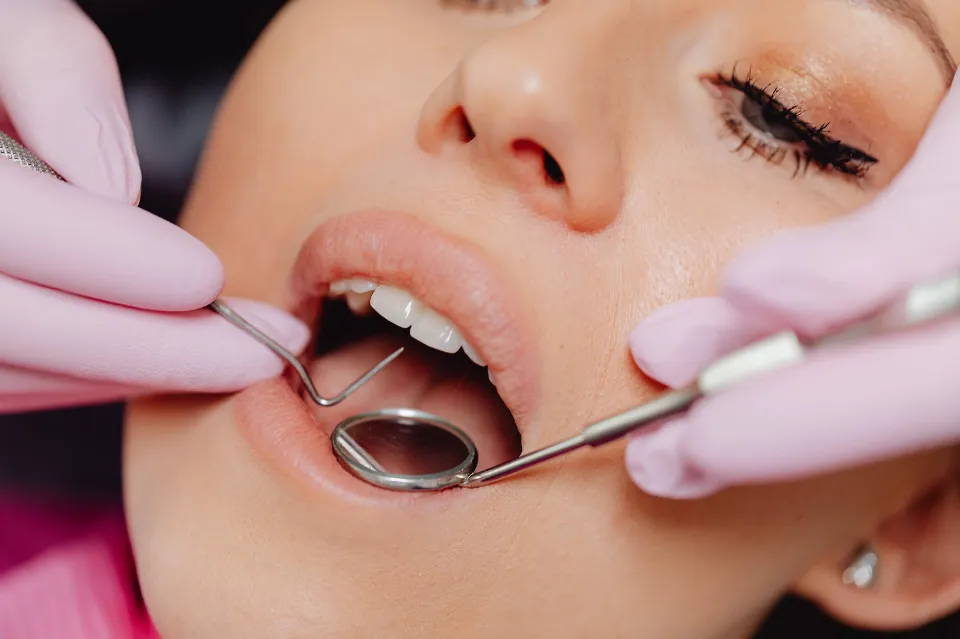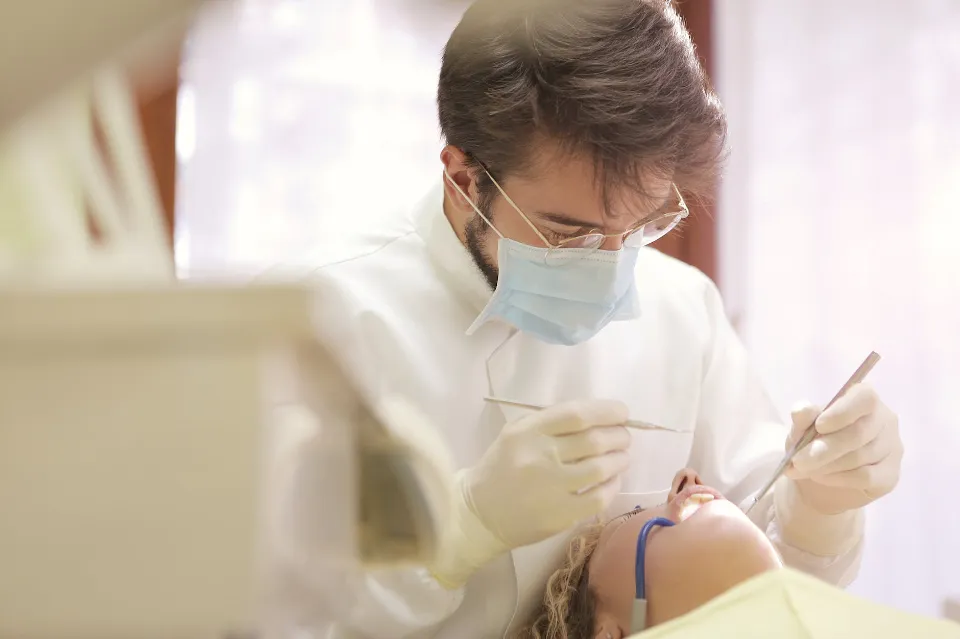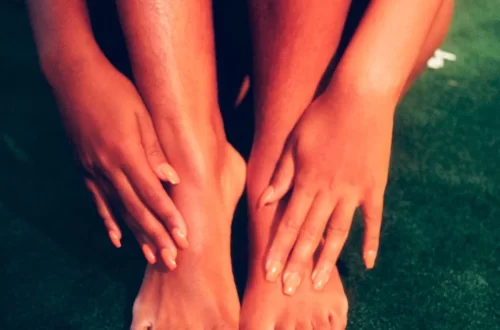
How to Fix Pacifier Teeth – What Causes & Can They Be Fixed?
Pacifier abuse can lead to numerous dental problems that manifest after the age of five and last a lifetime. Other habits that include the same mechanics of pacifier use, such as thumb sucking, can induce the same effects.
Choose orthodontic pacifiers if you’re worried about a pacifier leading to a misaligned bite.
We’re here to provide you with all the knowledge you need to proceed. When you know the facts, there’s no need to freak out if your child has pacifier teeth.
What Do Pacifier Teeth Look Like?
There are many explanations for what pacifier teeth look like. The front teeth of some kids may turn outward as a result of using a pacifier. Buck teeth is the name given to this.
It’s possible for other kids to have crooked teeth if they’ve grown pacifier teeth. Or, in some cases, the entire bite may be impacted, leading to an overbite.
A pediatric dentist’s examination will give you a trustworthy diagnosis if you have concerns about your child’s teeth.

What Are Pacifier Teeth?
When a child uses a pacifier for a long time, especially after the age of four, they are said to have “pacifier teeth,” which are misaligned teeth. The development of pacifier teeth is more likely to occur in older children who continue to use a pacifier.
A baby’s teeth begin to form in the womb. Throughout all of their formative years as children, their teeth continue to grow, shift, and develop. Misalignment can result from any interference with this process, including the use of pacifiers.
What Causes Pacifier Teeth?
Pacifier teeth are caused by the prolonged use of pacifiers. When a child sucks on a pacifier, there is increased pressure in abnormal places due to the nipple in the mouth. The teeth have to adjust due to the ongoing pressure and the nipple’s presence.
Over time, the child’s teeth move around to allow space for the pacifier. It may also cause the roof of the mouth to change shape.
At What Ages Will a Pacifier Affect Your Baby’s Teeth?
There are probably many different answers to this question. The American Academy of Family Physicians recommends weaning your child off the pacifier during their second 6 months of life to avoid pacifier risks. They are hopeful that this early intervention will stop pacifier-related ear infections and tooth decay.
However, the American Academy of Pediatric Dentistry advises parents to stop using pacifiers by the child’s 18th month to avoid damaging their baby teeth, and by the child’s third year to avoid permanent damage. After this, they think, continued non-nutritive sucking could harm a child’s permanent teeth over the long term.
Read More: Baby Teeth vs. Adult Teeth
When you decide to wean your child from the pacifier is up to you. Most people, however, concur that a healthy choice is between 2 and 3 years old.
Does Thumb Sucking Also Cause Pacifier Teeth?
As much harm to a child’s mouth as pacifier use can result from thumb sucking. A pacifier can be taken away, whereas a thumb obviously cannot. This is the difference. Some parents discover that taking away a child’s pacifier is easier than breaking the habit of thumb-sucking.
There are several things you can try to stop your child from thumb-sucking if they have a habit. These include:
- encouraging your kid with positive reinforcement when they don’t suck on their thumbs.
- Keeping a positive attitude to help them avoid getting discouraged.
- You should explain to your child why they should stop thumb sucking.
- Avoid using any quick fixes, such as bitter nail polish or a glove, as they might make you feel stressed and frustrated.
Do Pacifier Teeth Correct Themselves?

For parents worried about how their child’s dental health will develop as a result of pacifier use, there is good news. If your child stops using the pacifier by 2 to 3 years of age, there’s a good chance their teeth might correct themselves.
They will probably require orthodontic treatment to fix any problems if they don’t stop using pacifiers before then. A child’s adult teeth start forming at 4 years old. Braces or other orthodontic appliances are often the only solution for pacifier teeth at this point.
How Are Pacifier Teeth Fixed?
Your child’s mouth, teeth, bite, and jaw will be examined by a pediatric dentistry specialist. They will examine your child carefully to ascertain the precise assistance your child’s oral health needs. Depending on the situation, your child might require a dental mouth appliance to resolve the issue.
Some common orthodontic appliances used are:
- Braces
- Retainers
- Head-gear
- Bite blocks
- Expanders
- Surgery (Only in severe cases)
Preventing Pacifier Teeth
Pacifier use can prevent harm to your child’s teeth. When you know how to properly use a pacifier, you can use them confidently and without worry,
Try using the following tips to prevent pacifier teeth and promote good oral hygiene:
Don’t Add Sweet Foods to Your Child’s Pacifier.
Some parents get desperate when their baby won’t take a pacifier. This often leads to parents dipping their child’s binky in juice, jam, or other sweet foods or drinks. This can cause an increase in sugar and bacteria in the mouth and tooth decay.
Don’t Continue Pacifier Use past 2 Or 3 Years Old at the Latest.
Depending on who you ask, there are different ages at which pacifier use should end. We do, however, know that the likelihood that your child’s mouth will correct itself decreases the longer you wait. In your child’s second year, you should stop using it.
Use the Pacifier for Naps and Nighttime.
The less time your child spends chewing on a binky, the less damage it will likely cause to their mouth. Some parents choose to only use a pacifier for nap time and nighttime for this reason. As a result, their teeth and mouth are not constantly under pressure.
Conclusion
There is a proper place and time to use pacifiers before they become more harmful than beneficial for soothing a crying baby. It’s a good idea to discuss your worries with a dentist in addition to learning about the benefits and drawbacks. Keep in mind that using pacifiers can result in a number of issues, such as the growth of pacifier teeth, which can only be treated properly by a doctor.
Your child’s dental health can be monitored by the dentist as they grow, ensuring that they can use pacifiers without developing pacifier teeth.
FAQs
Will Pacifier Teeth Correct Themselves?
Simple no is the response. There is no way for your baby to make a natural correction once they have grown pacifier teeth. Nearly every situation calls for the proper medical intervention and correction. Prevention is the best cure in this scenario.
Is It Okay for My Baby to Have a Pacifier During Sleep?
Even if your infant is not crying, using a pacifier can help them drift off to sleep more quickly, which will ultimately result in more sleep for the parents as well. However, this practice risks accidental swallowing and choking. So, be extremely cautious if you are giving your baby a pacifier at night.
Will Pacifier Teeth Go Back to Normal?
According to Luke Matranga, spokesman for the Academy of General Dentistry, any negative effects of pacifier use before the age of two, such as misaligned teeth or issues with bone development, are only short-term and will go away in six months if use is discontinued.





Average Rating